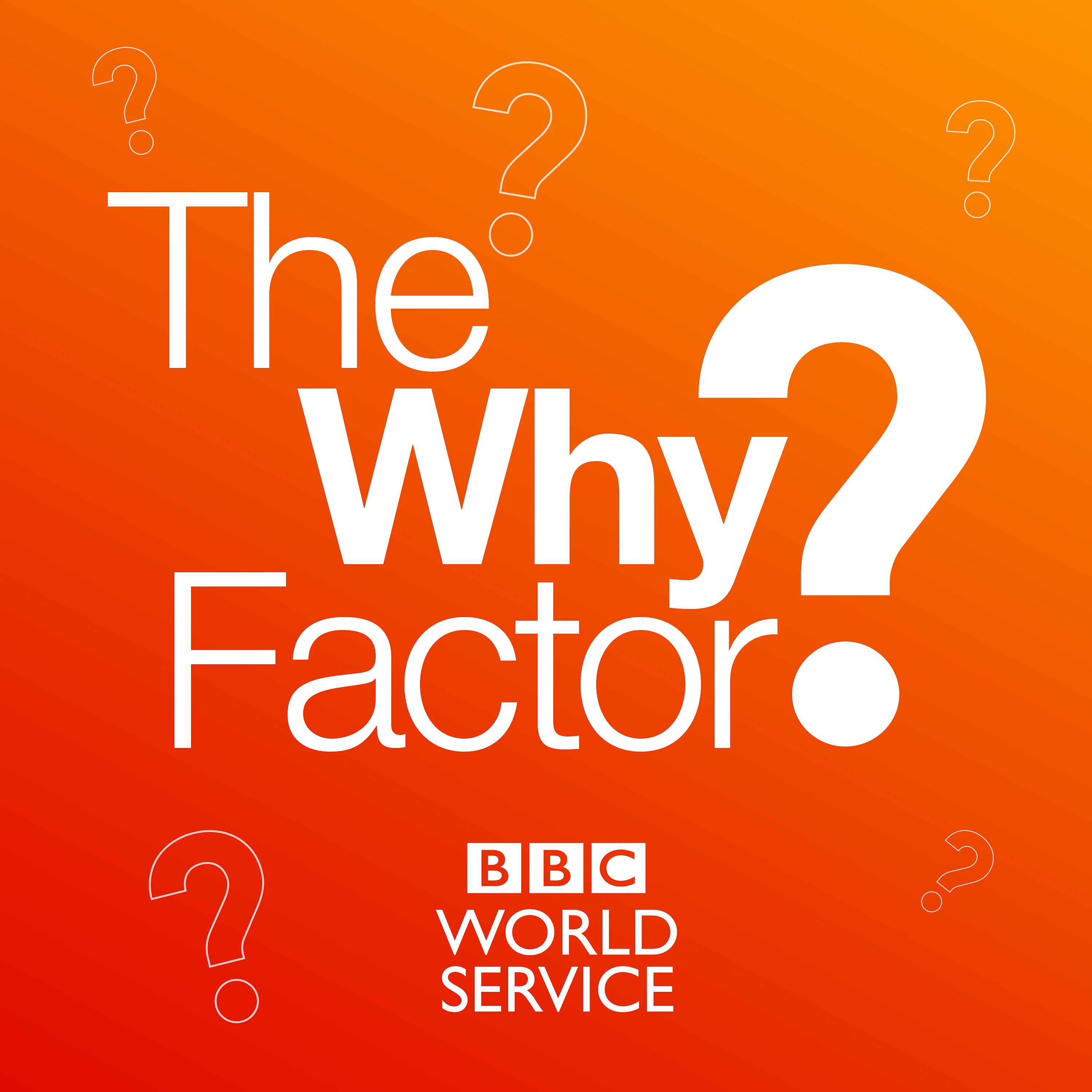- History
- SEE MORE
- classical
- general
- talk
- News
- Family
- Bürgerfunk
- pop
- Islam
- soul
- jazz
- Comedy
- humor
- wissenschaft
- opera
- baroque
- gesellschaft
- theater
- Local
- alternative
- electro
- rock
- rap
- lifestyle
- Music
- como
- RNE
- ballads
- greek
- Buddhism
- deportes
- christian
- Technology
- piano
- djs
- Dance
- dutch
- flamenco
- social
- hope
- christian rock
- academia
- afrique
- Business
- musique
- ελληνική-μουσική
- religion
- World radio
- Zarzuela
- travel
- World
- NFL
- media
- Art
- public
- Sports
- Gospel
- st.
- baptist
- Leisure
- Kids & Family
- musical
- club
- Culture
- Health & Fitness
- True Crime
- Fiction
- children
- Society & Culture
- TV & Film
- gold
- kunst
- música
- gay
- Natural
- a
- francais
- bach
- economics
- kultur
- evangelical
- tech
- Opinion
- Government
- gaming
- College
- technik
- Jesus
- Health
- movies
- radio
- services
- Church
- podcast
- Education
- international
- Transportation
- Other
- kids
- podcasts
- philadelphia
- Noticias
- love
- sport
- Salud
- film
- and
- 4chan
- Disco
- Stories
- fashion
- Arts
- interviews
- hardstyle
- entertainment
- humour
- medieval
- literature
- alma
- Cultura
- video
- TV
- Science
- en
Blame

b'
When things go wrong, we crave something or someone to blame. It\\u2019s a strategy which puts people on the defensive, and can create a toxic culture. People remember when they have been blamed for something, and will be quicker to deflect blame themselves. It\\u2019s a primitive emotion which can be found in almost every society. In this edition of the Why Factor, Sandra Kanthal asks: why do we play the blame game?
Contributors to this programme include: \\nMark Alicke, Psychology Professor, Ohio University\\nTerri Apter, Psychologist and Author of Passing Judgement: The Power of Praise and Blame in Everyday Life. \\nCharlie Campbell, Author of Scapegoat: A History of Blaming Other People \\nDr Cicely Cunningham, Oncologist and founder of the campaign: Learn Not Blame\\nRichard Gowthorpe, Criminal Defence Lawyer\\nArmele Philpotts- relationship and family therapist and member of the British Association for Counselling and Psychotherapy.
Image: Pointing Fingers\\nCredit: Getty Images
'